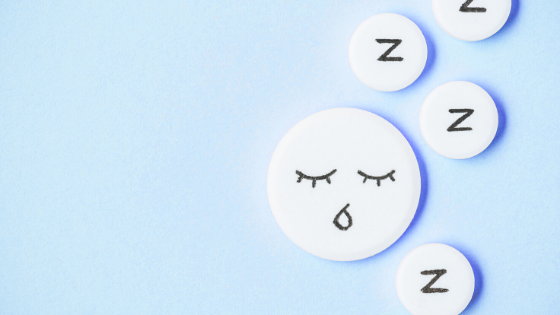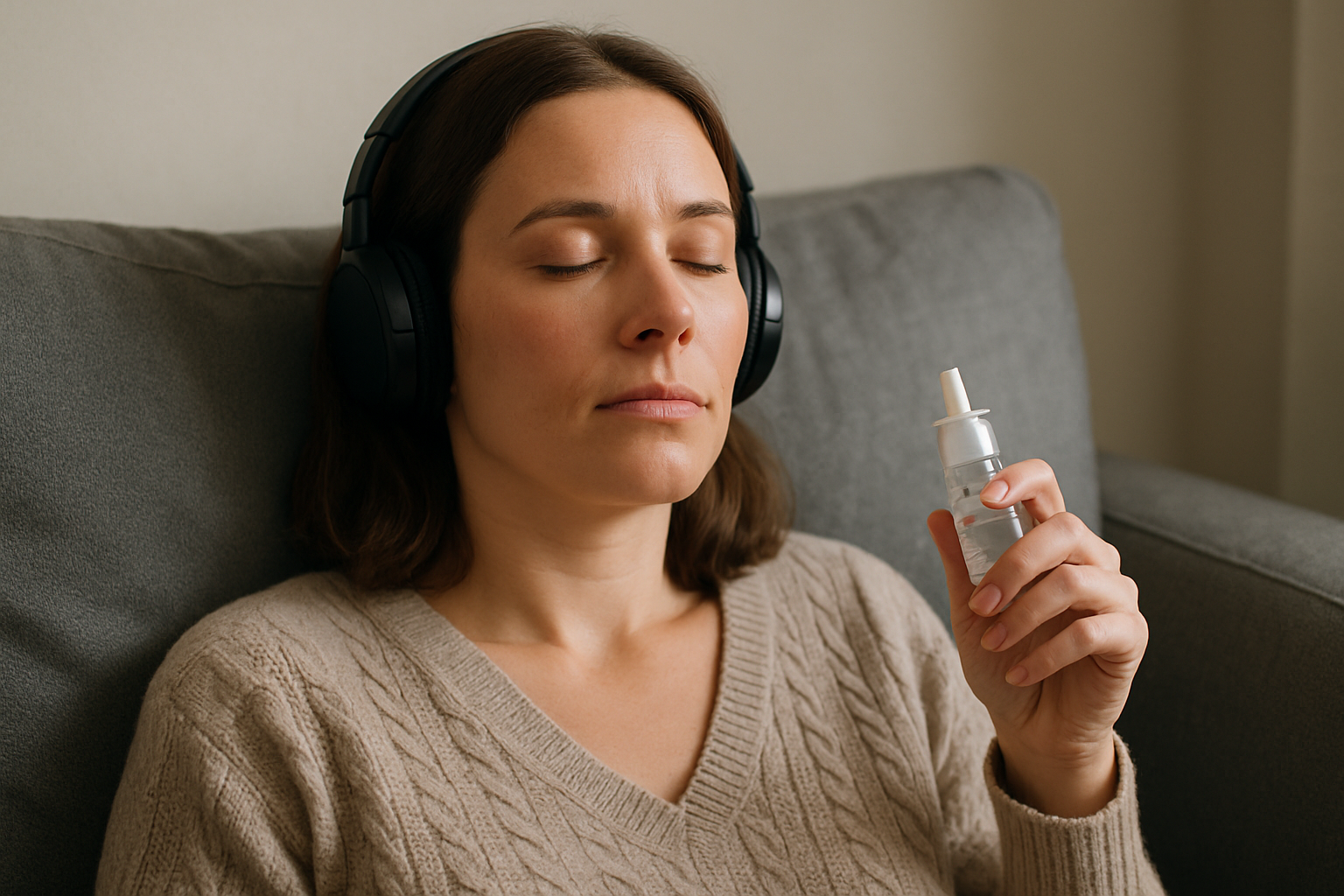CBD for Sleep: Creating a Nighttime Routine

CBD for Sleep. What you should know.
We’re all after a good night’s sleep, am I right? It seems like everywhere we go and everyone we talk to is suffering from either a lack of sleep, poor quality sleep, or both.
Waking up each morning foggy, groggy, and not quite awake seems to be the general feeling that most experience. This may largely be attributed to our fast paced lives filled with venti lattes and extended hours spent staring at bright screens of all shapes and sizes.
So how do we counteract the activities of our waking lives to get a better night's sleep? Think back to when you were a kid. You probably had a pretty standard bedtime routine that signaled to your body that it was time for rest.
You’d take a bath, read a book or two, maybe even sing some songs, and then you were out! As adults, life tends to get in the way prohibiting us from creating any sort of routine that lets our body know it’s time for bed. If your body can’t tell that it’s bedtime, you’re likely going to have a hard time falling asleep.
Creating an evening ritual you look forward to in the evening will help you and your body slowly unwind and signal sleepy time, setting you up for a solid night’s rest. But where do you start? For many, incorporating CBD along with a few other steps into their nightly routine has helped promote a better night’s sleep.
Creating Your Evening Routine
1. Be Consistent with Your Bedtime
Going to bed and waking up at the same time every day (yes even on weekends!) is going to be one of the most important aspects of your evening ritual. Research now shows that it’s not just about getting a full 8 hours of sleep that is crucial for overall health and well being, but also making sure you are getting good quality sleep may be just as important.
Those with irregular sleep-wake schedules are likely to disrupt your body’s natural circadian rhythm, or internal clock, which is responsible for regulating your response to light and dark which cues sleep hormones like melatonin.
Over time, irregular sleep schedules and lack of sleep can lead to issues such as weight gain, as well as metabolic disturbances, and even anxiety. Other things that can interfere with your circadian rhythm include blue light exposure (especially within the 30 minutes before bed), caffeine, and lighting to name a few.
2. Put Your Phone Away
For many of us, watching TV or mindlessly scrolling through our phones before bed has become our normal evening routine. While yes that technically is a routine, it is not a great one.
As we have mentioned above, the blue light emitted from our TVs, iPads, and smartphones suppresses your natural production of melatonin making it more difficult to not only fall asleep, but also stay asleep throughout the night.
So even if you manage to fall asleep just fine, we may not be getting the quality of sleep you truly need (think REM sleep).
It is recommended that you set your phone down and turn off your TV at least 30 minutes before you plan to settle down for the evening. Instead of watching Netflix or scrolling through Instagram, try reading a book - just like you did as a kid!
It is important to note that any reading tablet that is back lit will also be transmitting blue light. If this is your preferred method of reading, we suggest investing in a pair of blue light blocking glasses.
3. Find An Evening Drink
For many of us, looking forward to our morning cup of coffee is something that helps get us out of bed every day.
Creating a similar ritual in the evening can both help motivate you to want to get into bed, as well as begin signaling your body that it’s time for sleep. We suggest chamomile tea due to its natural calming effects.
While we’re on the topic of beverages, it is important to remember that consuming too much caffeine during the day or too late in the day will also impact your sleep in the evening. It is recommended to put down the coffee at least 6 hours before you plan to go to bed that night.
4. CBD for Sleep. The basics
As we have discussed before, scientists believe that CBD works alongside your endocannabinoid system which is responsible for internal functions including sleep cycles.
Essentially, it is thought to work by calming your central nervous system which in turn allows your body fall asleep faster and have a more restful night’s sleep.
A large study conducted by Project CBD found that participants were able to fall asleep significantly faster and wake up less throughout the night with little to no side effects when regularly using CBD.
If you’re worried that CBD might leave you feeling high, rest assured it does not! In fact, most CBD products contain no THC at all.
There are many ways to ingest CBD such as oils, gummies, and even nighttime specific soft gels or tinctures infused with melatonin. If you want to get creative, try adding a few drops of a CBD tincture or CBD infused honey to your new favorite evening beverage!
Here are some other great ways to get your daily dose of CBD for sleep!
If you are looking for something a little stronger than what CBD is able to offer, try checking out hemp derived Delta 8. Technically THC, Delta 8 has similar effect to Delta 9 THC, but is legal in most states and does not have the negative side effects typically associated with Delta 9 (think paranoia).
Shop Delta 8 for sale here.
Creating and sticking to a simple evening routine might take some time, but once you get the hang of it it will become something you greatly look forward to.
Especially when you start sleeping like a baby once again thanks to CBD for sleep.





Comments